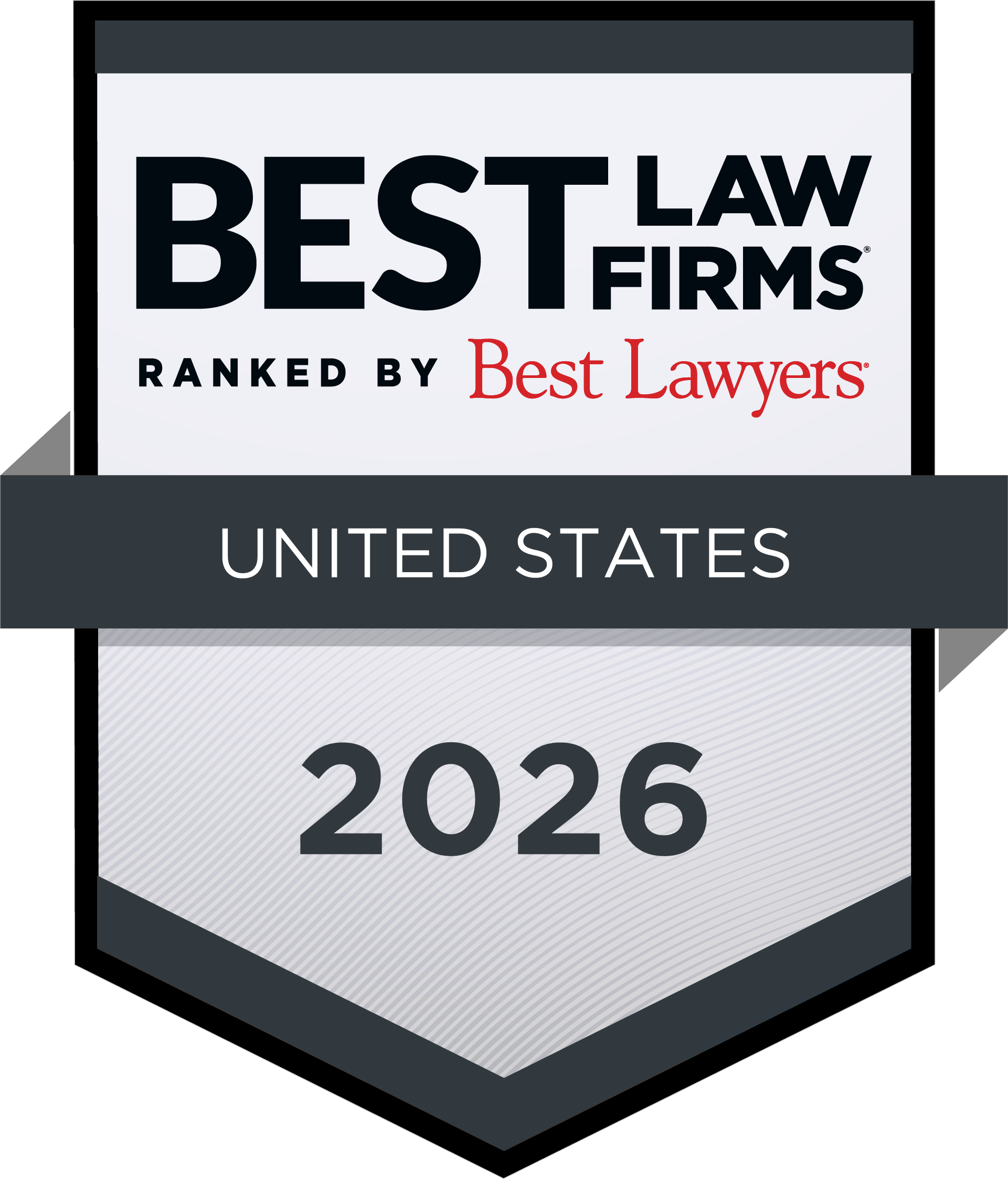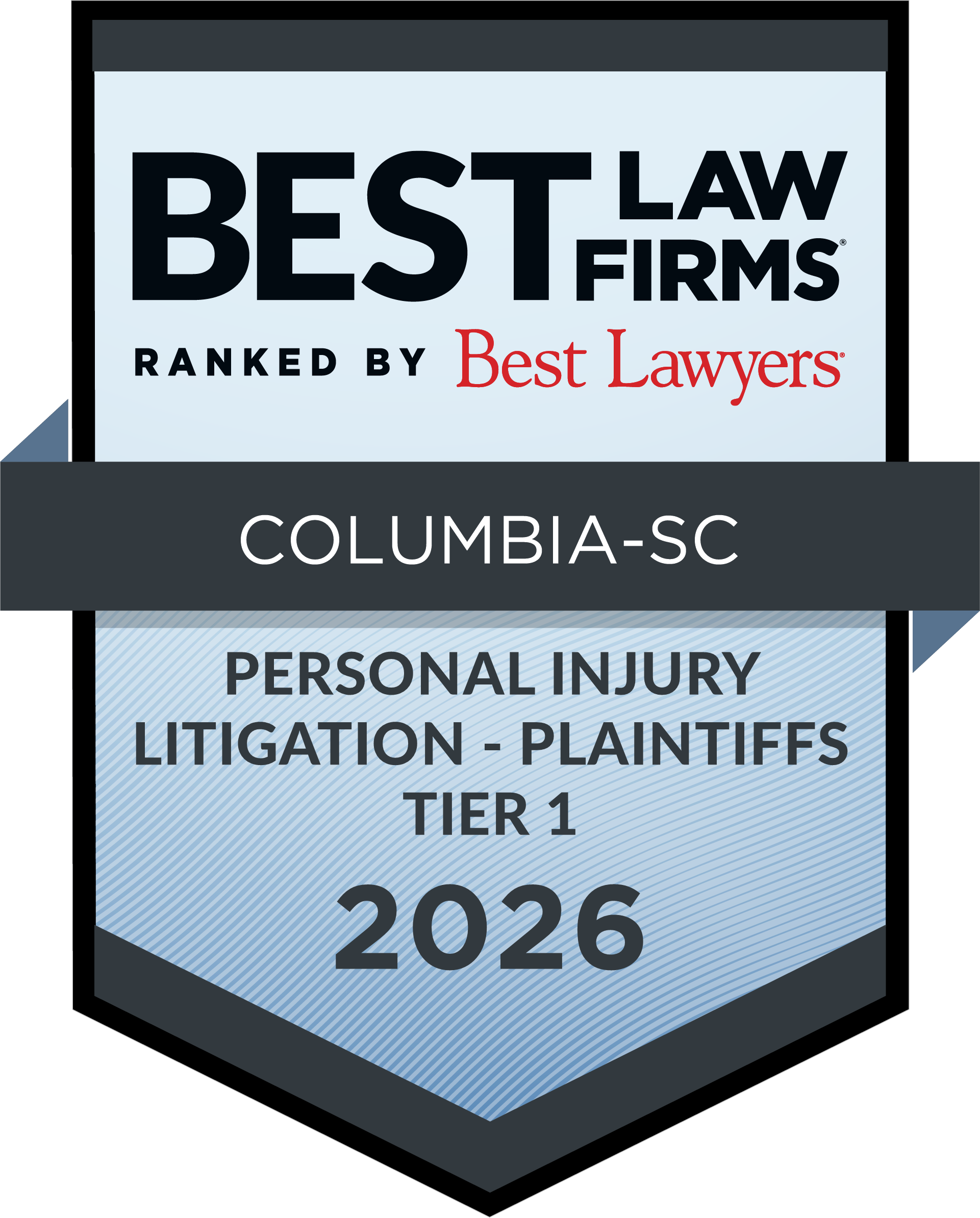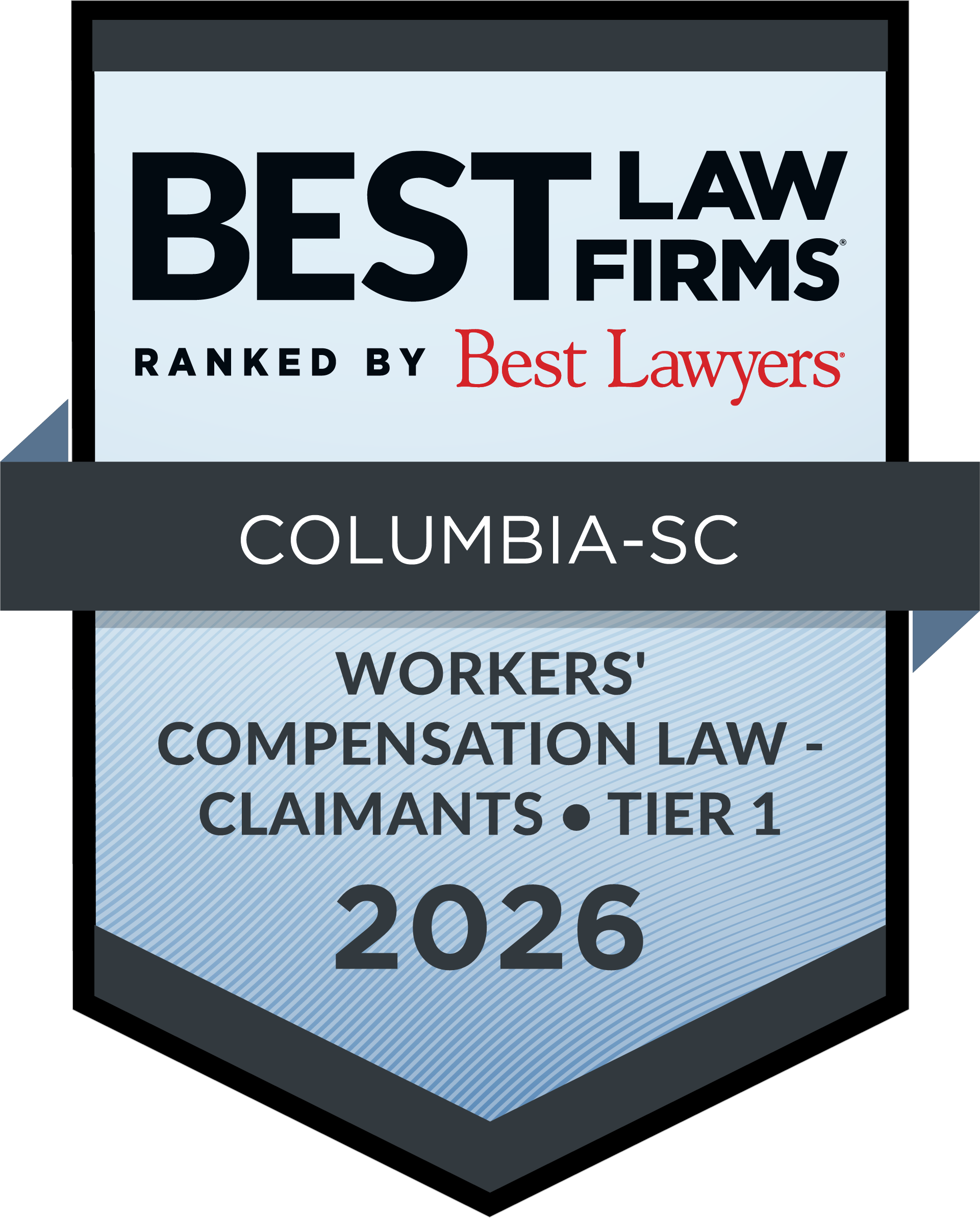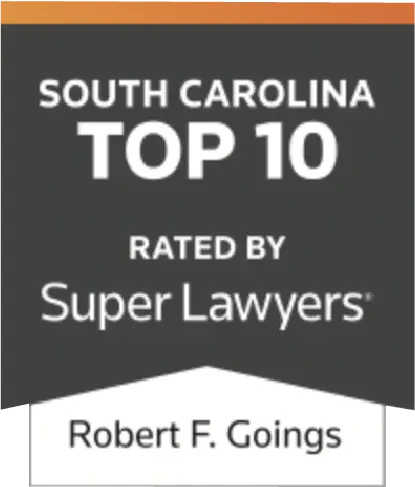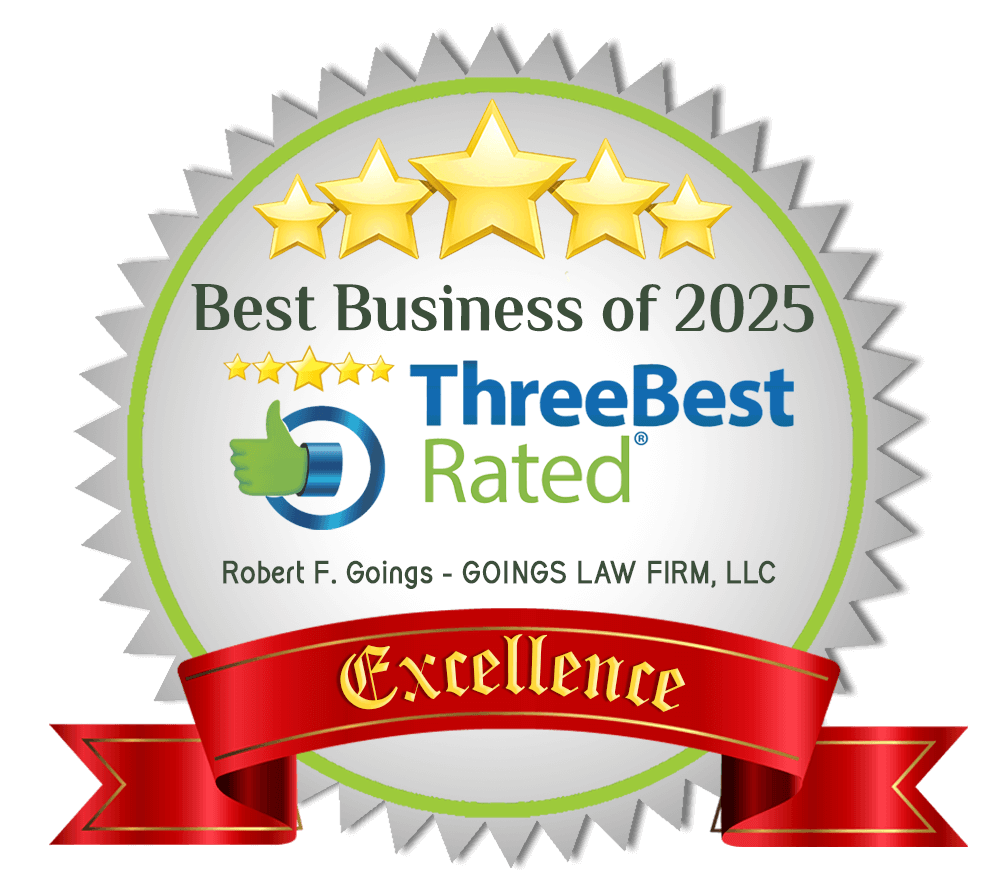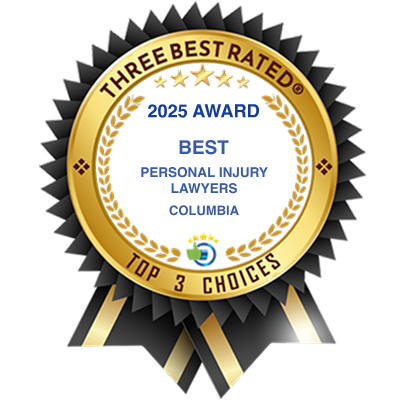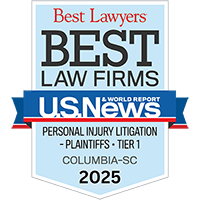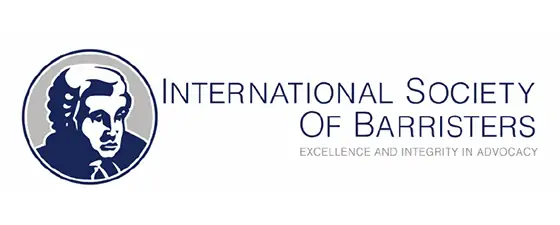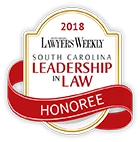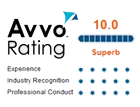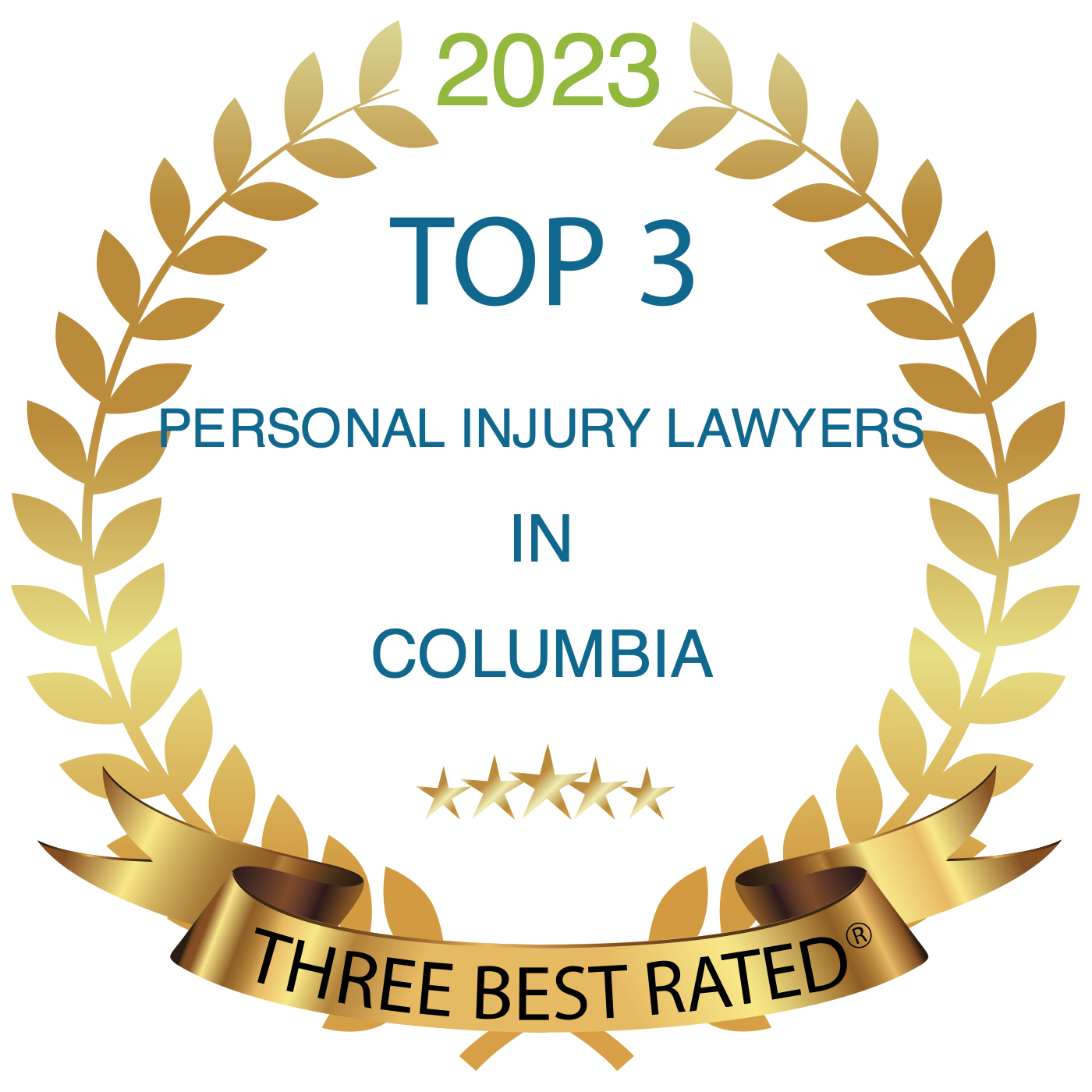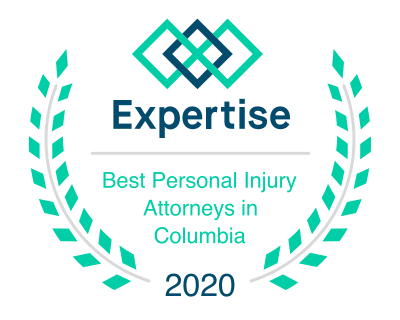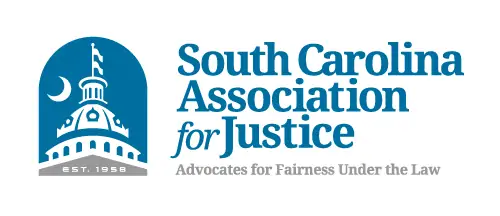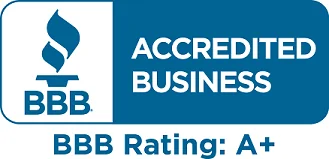Can you Sue if Injured on an Outsourced Job?
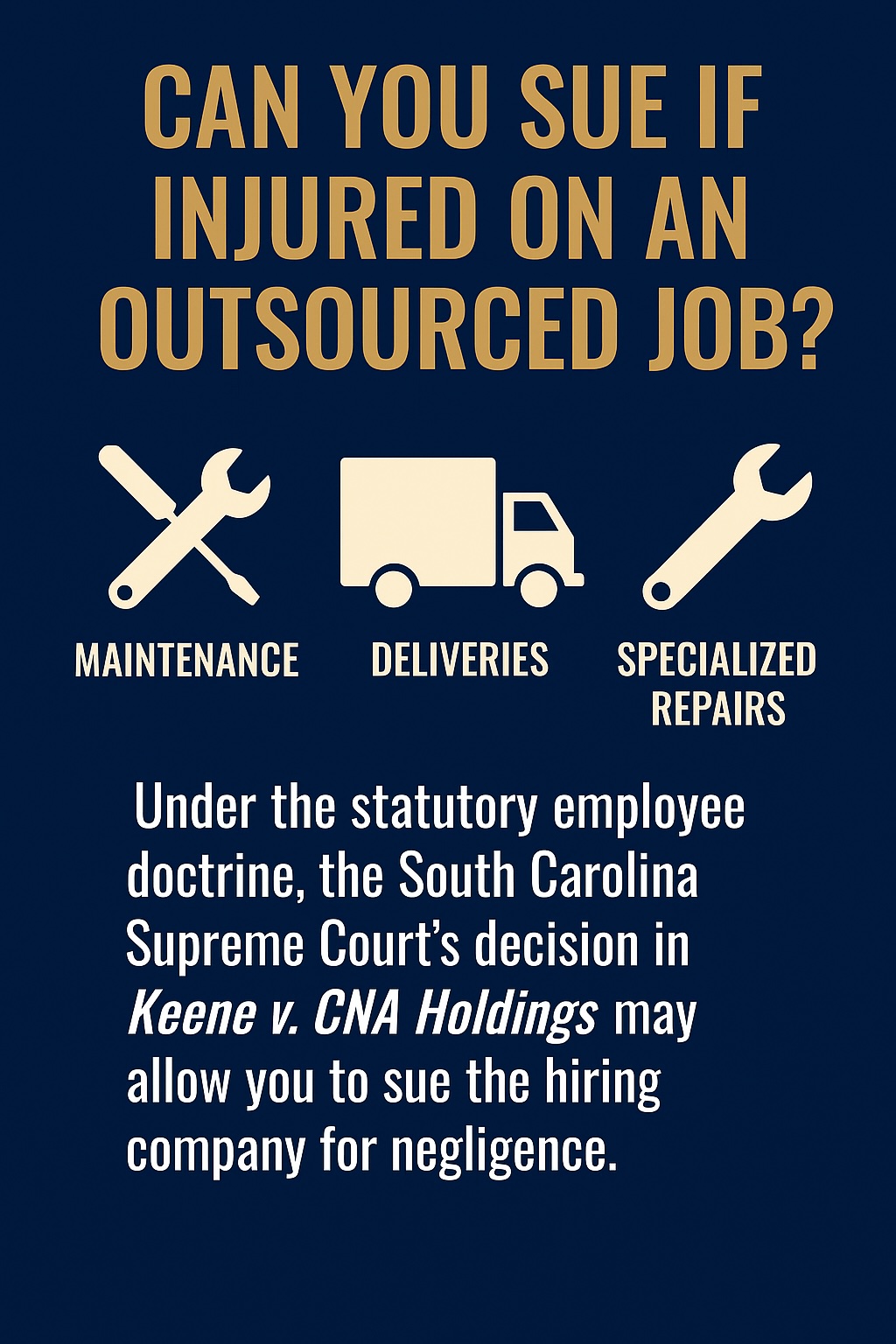 When an injured worker files a claim in South Carolina, one of the most common defenses raised by companies is: “You’re a statutory employee. Your only remedy is workers’ compensation.” This has been called the “exclusivity remedy doctrine” which means that an injured employee’s exclusive remedy is under the South Carolina Workers’ Compensation act and not under tort laws based on employer negligence or neglect.
When an injured worker files a claim in South Carolina, one of the most common defenses raised by companies is: “You’re a statutory employee. Your only remedy is workers’ compensation.” This has been called the “exclusivity remedy doctrine” which means that an injured employee’s exclusive remedy is under the South Carolina Workers’ Compensation act and not under tort laws based on employer negligence or neglect.
For decades, that doctrine limited injured workers to workers’ compensation benefits only, shutting the door on lawsuits — even when negligence caused the injury. But in 2021, the South Carolina Supreme Court issued a landmark ruling in Keene v. CNA Holdings, LLC, 870 S.E.2d 156 (2021) that reshaped the scope of a “statutory employee” to determine if your case triggers the exclusivity remedy doctrine of workers’ compensation or if you can also bring a negligence based lawsuit. In Keene, the South Carolina Supreme Court held that “when an employer makes a ‘legitimate business decision’ to outsource a portion of its work, the contractors it hires to perform that work are not ‘statutory employees’ for workers’ compensation purposes.”
T in favor of workers.
At Goings Law Firm, we study these cases because they directly impact your rights. Here’s what Keene means for injured workers, their families, and attorneys who refer cases in this area.
What Is the Statutory Employee Doctrine?
The statutory employee doctrine was created in 1936 to prevent companies from dodging responsibility. If a business outsourced work that was part of its “trade, business, or occupation,” the law treated those subcontractor employees as the company’s own — ensuring they were covered by workers’ comp if injured.
In practice, however, companies used the doctrine as a shield:
– Workers were guaranteed workers’ comp.
– But they were barred from suing the company for negligence.
Over time, South Carolina courts applied this rule very broadly. In cases like Marchbanks v. Duke Power (1939) and Boseman v. Pacific Mills (1940), even painting poles or repainting water tanks was deemed part of the company’s “business,” blocking lawsuits.
The Case: Dennis Seay and Keene v. CNA Holdings
Dennis Seay worked as a maintenance mechanic at Celanese’s polyester fiber plant in Spartanburg, but he was employed by Daniel Construction, an outside contractor. Every day, Seay was exposed to asbestos insulation while repairing pumps and valves. He later developed mesothelioma and tragically passed away.
Seay’s family sued Celanese (now CNA Holdings) for negligence, arguing the company knew of asbestos dangers but failed to protect him. Celanese responded that Seay was its statutory employee — so the family was limited to workers’ comp.
The trial court and Court of Appeals sided with Seay’s family, and a jury awarded them $14 million in damages plus $2 million in punitive damages. Celanese appealed, but the South Carolina Supreme Court affirmed the verdict.
The S.C. Supreme Court’s Decision: Narrowing the Doctrine
The Court clarified that just because work is important to a company does not make it part of the company’s business.
Key points from the decision:
– Celanese’s business was manufacturing polyester fiber, not maintenance.
– It outsourced all maintenance to Daniel Construction. None of its employees did maintenance.
– Celanese even required Daniel to carry workers’ comp insurance, ensuring coverage.
– Because Celanese had made a legitimate business decision to outsource maintenance, Seay was not a statutory employee.
This was a turning point. The Court abandoned the rigid three-factor test and emphasized a business judgment standard: If a company outsources work for legitimate reasons (not just to avoid insuring workers), that work is not part of its trade or business — and statutory employee immunity doesn’t apply.
From Broad to Narrow: A Legal Shift
The Keene decision builds on earlier cases that had started narrowing the doctrine:
– Glass v. Dow Chemical (1997) – Specialized repairs outside Dow’s expertise were not part of its business.
– Abbott v. The Limited (2000) – A delivery driver was not a statutory employee; selling clothes was the store’s business, not trucking.
– Olmstead v. Shakespeare (2003) – Extended Abbott’s logic beyond retail to other industries.
With Keene, the Court confirmed this narrower, modern view applies across all industries.
Why This Matters for Injured Workers
The implications are huge:
– More opportunity to sue: Injured workers employed by contractors may now bring negligence lawsuits against host companies, in addition to workers’ comp.
– Bigger recoveries possible: Lawsuits allow damages for pain and suffering, loss of enjoyment of life, and punitive damages — things workers’ comp doesn’t cover.
– Case-by-case analysis: Courts will look closely at whether the company normally does the work itself, why it outsourced it, and whether workers were insured.
In short: Keene gives injured workers a fairer chance to hold negligent companies accountable.
What This Means If You’ve Been Injured
If you’ve been told: “Sorry, you’re a statutory employee — workers’ comp is your only remedy,” you may still have options. Ask:
– Does the company normally perform this type of work itself?
– Was the work outsourced for legitimate business reasons (expertise, efficiency, cost)?
– Did your employer provide workers’ comp coverage?
If the answers show your work was outside the company’s core trade, you may not be a statutory employee — and you may have a valid lawsuit claim.
Why Choose Goings Law Firm When Faced with a Workers’ Comp Injury with Potential Third-Party Liabilty
At Goings Law Firm, we:
– Understand the complexities of the statutory employee doctrine.
– Know how companies misuse it to deny justice.
– Have the experience to fight for full compensation — workers’ comp plus third-party lawsuits when available.
We’ve built our reputation by standing up for injured workers across South Carolina.
Call Us Today
Don’t assume workers’ compensation is your only option. The law has changed — and it may be in your favor.
📞 Call Goings Law Firm today at (803) 350-9230 for a free consultation. We’ll explain your rights, investigate your case, and fight for the full justice you deserve.
Because protecting your health, your family, and your future matters more than outdated legal doctrines.


